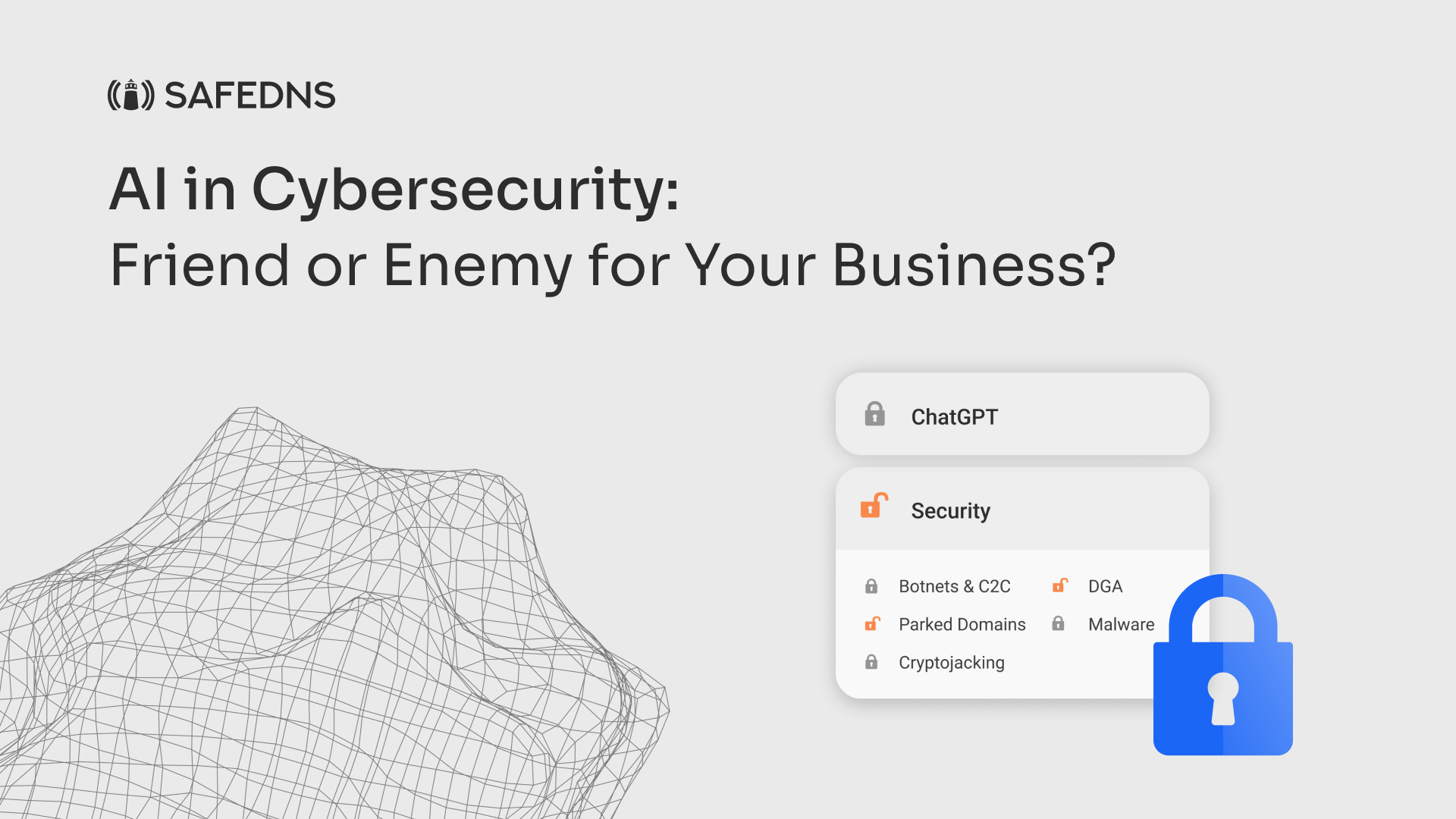
AI in Cybersecurity: Friend or Enemy for Your Business?
The dynamic nature of cyber threats demands advanced cyber security solutions, and artificial intelligence (AI) has emerged as a powerful ally in fortifying your business's cybersecurity defenses. Here's a look at the risks, AI-powered attacks, insider threats, and the undeniable benefits of integrating AI into your cybersecurity strategy.
Risks of Using AI at the Workplace:
According to the latest annual McKinsey Global Survey, one-third of respondents have reported regular usage of generative AI in at least one organizational function. This means that a significant 60 percent of organizations with established AI adoption are incorporating generative AI into their operations. Additionally, 40 percent of these organizations anticipate increased investments in AI as a result of generative AI, while 28 percent confirm that their board of directors has already placed generative AI on their agenda.
The increasing prevalence of generative AI, as highlighted in the latest McKinsey Global Survey, underscores the growing role of artificial intelligence across various sectors. However, this surge in AI adoption also amplifies concerns about its potential misuse, especially in AI systems. One notable risk is "corpus poisoning" in AI cybersecurity, where malicious actors exploit AI's training data to introduce vulnerabilities or biases. This threat exposure reminds us that while AI holds immense potential for innovation and productivity, it must be approached with a vigilant commitment to safeguarding against misuse and ensuring its responsible deployment in our evolving digital landscape.
At SafeDNS, we recognize the seriousness of this threat, which is why we have introduced a new category called "Generative AI” specifically designed to manage and regulate the usage of machine learning and generative AI in workplace environments.
AI-Powered Attacks & Cyber Threats:
With the rise of AI in cybersecurity attackers are harnessing its power to exploit AI technologies for malicious purposes. AI-powered attacks can adapt in real-time, making them challenging to detect and defend against.
Automated Precision: AI equips attackers with the ability to automate and execute attacks with unparalleled precision. From identifying vulnerabilities to crafting convincing phishing emails, these attacks are efficient and highly targeted.
Adaptive Threats: AI-driven attacks are not static; they evolve. Machine learning algorithms enable attackers to see new threats and adapt their strategies in real-time, making it challenging for traditional security tools and measures to keep up with emerging threats.
Scale and Speed: AI allows for simultaneous cyber attacks on a massive scale. It can scan networks, breach systems, and exfiltrate data at speeds that were previously unattainable, posing a significant threat to organizations.
The Benefits of AI in Cybersecurity:
Consider using AI for your business’s cybersecurity to stay ahead in the rapidly changing world of digital security. Despite security concerns and risks, AI offers some benefits when integrated into your cybersecurity strategy:
- Anomaly Detection: AI can analyze vast amounts of data in real-time, identifying anomalies and alerting security teams to potentially risky activities. This early warning system allows cybersecurity teams for swift incident response to mitigate cyber threats, minimizing damage.
- Enhanced ROSI: According to IBM, organizations with mature security AI and automation capabilities experience a 40% higher return on security investment (ROSI). This statistic underscores the value of AI in their security teams by optimizing cybersecurity resources and reducing incident response times to security incidents.
In conclusion, AI plays a dual role in cybersecurity, presenting risks and rewards for businesses. While it can enhance threat detection and response, there are concerns about AI-driven attacks and data manipulation. Balancing these factors is crucial for businesses to harness AI's potential as a valuable ally in the dynamic world of digital security. It's a reminder that responsible implementation and vigilance are essential to ensure AI remains a friend to cybersecurity professionals rather than an enemy in the fight against cyber threats. Remember to utilize AI, but also keep in mind that your adversaries are not idle; they too are leveraging AI. Take proactive measures to stay ahead of the evolving threat landscape and continuously adapt your cybersecurity strategies to effectively counter AI-powered attacks, and strengthen your organization's security posture using AI-based cybersecurity systems to defend against false positives and optimize your cybersecurity artificial intelligence-powered solutions for a safer digital environment.
Take advantage of the SafeDNS trial period and try all the best features

